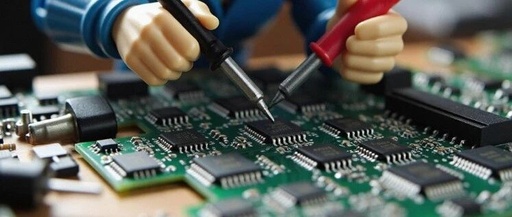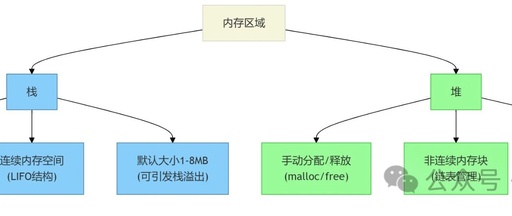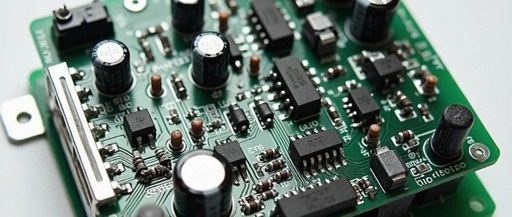Linux Series: How to Use Heaptrack to Trace .NET Program Unmanaged Memory Leaks
1. Background 1. Storytelling Previously, I shared an article about <span>unmanaged memory leaks caused by C# calling C code</span>. This was a deliberately induced positive leak. In this article, we will explore the root cause of the leak from a reverse perspective. This issue is relatively easy to handle on Windows, as many people know … Read more









